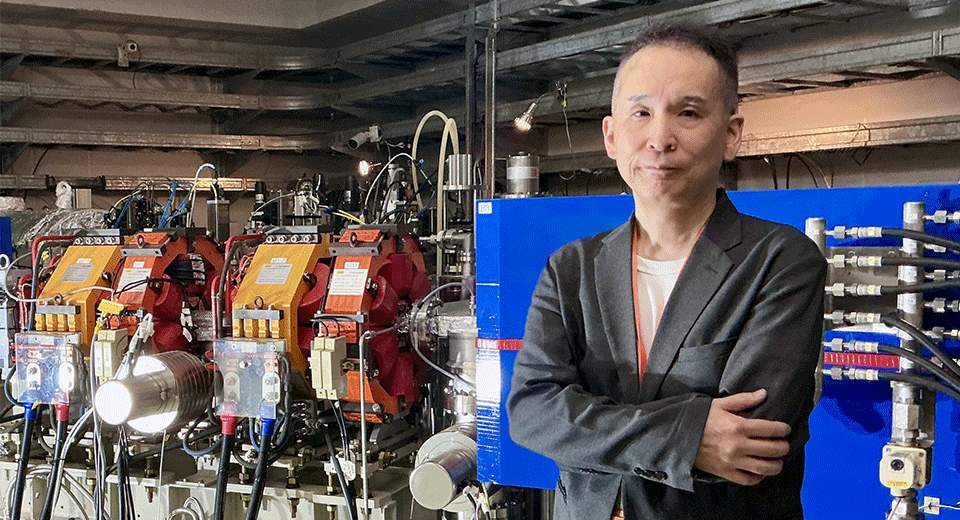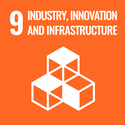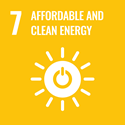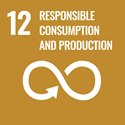




Laboratory of Advanced Science and Technology for Industry
Professor Satoshi Hashimoto
When the orbit of electrons moving at nearly the speed of light is bent by a magnetic field, extremely bright light in the X-ray region—known as synchrotron radiation—is emitted.
Accelerating electrons requires a large-scale accelerator, and our laboratory operates the New SUBARU electron accelerator, the largest of its kind among Japanese universities.
Through stable operation and advancement of the accelerator, we promote cutting-edge research and industrial applications using synchrotron radiation.
In addition, we conduct research in accelerator science, including the development of novel light sources using relativistic electron beams and the generation of laser Compton scattering (LCS) gamma rays.
Other goal initiatives can be found in the list here.